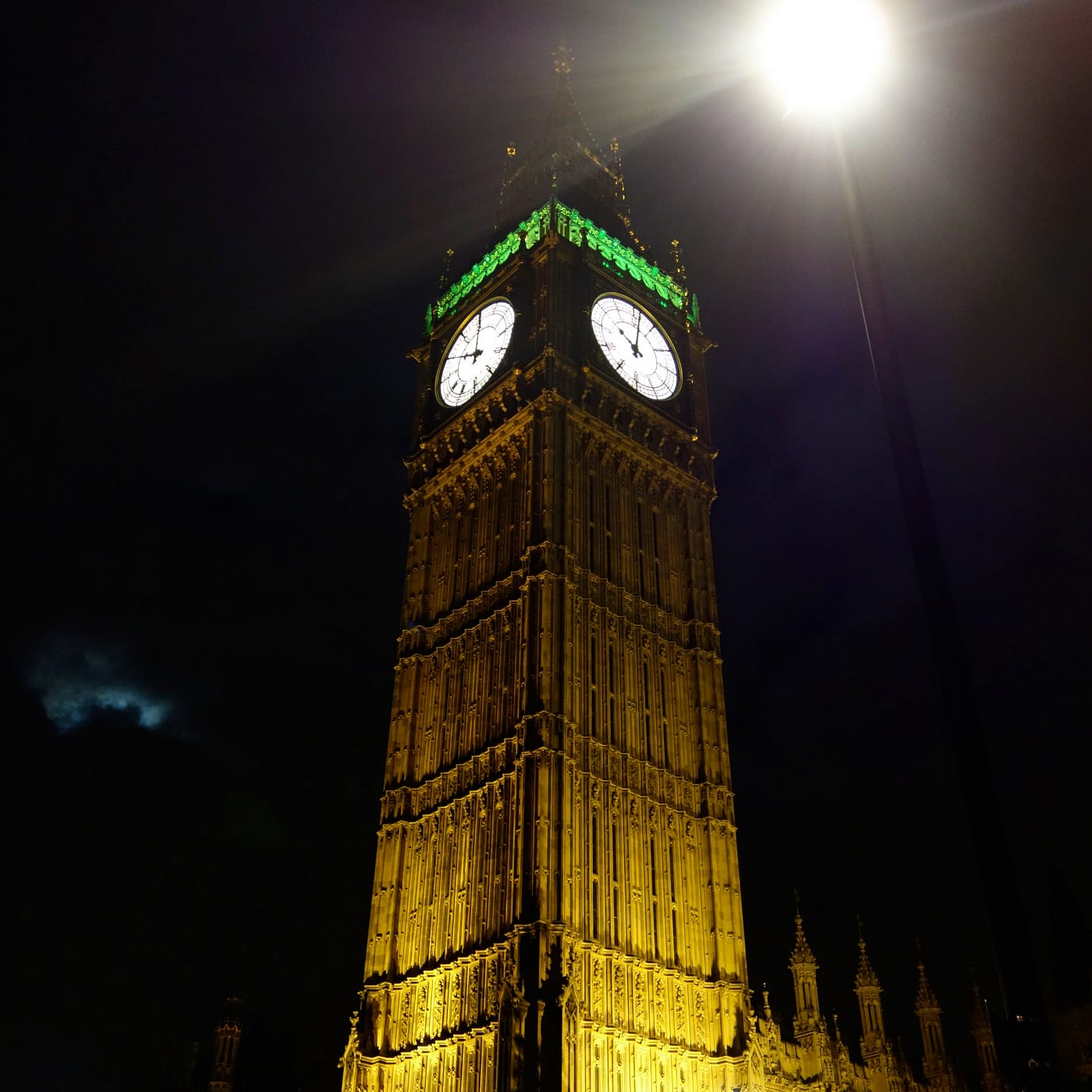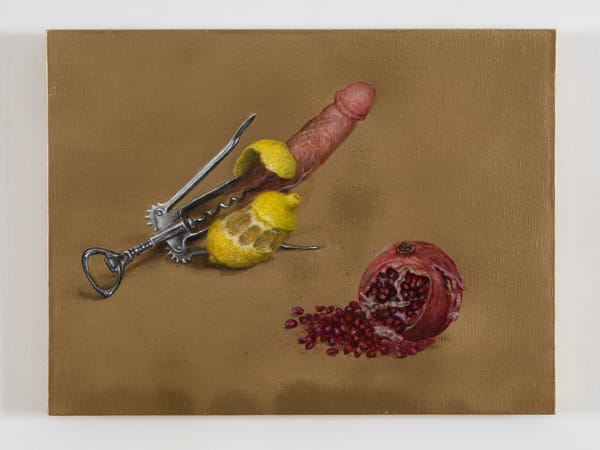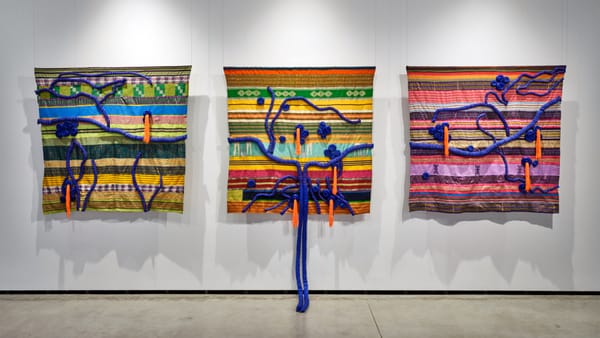Is the British Queen’s Speech Delayed Because It’s Being Written on Goatskin Parchment?
The wait for the ink to dry links to a greater debate about how the UK creates its documents.

The Guardian reported today that a speech from Queen Elizabeth II to the UK Parliament initially planned for June 19 is being postponed. The cause? According to a “government source,” it could be the goatskin parchment on which the speech is written. It “needs several days to dry, meaning a speech cannot be amended at the last minute.”
As the Telegraph points out, “goatskin paper is not actually made from goatskin,” but rather “high-quality archival paper which is guaranteed to last for at least 500 years.” The real reason for the delay, though, might be more political: the newspaper adds that “critics have suggested that the Government is playing for time as it tries to hammer out the terms of a deal with the Democratic Unionist Party.” In other words, it could be a wait for Prime Minster Theresa May’s talks with the Democratic Unionist Party to form a minority government after the recent elections.
On its surface, goatskin seems like a quaint oddity of the monarchy — complete with concerns about the Queen missing some of the Royal Ascot horse racing — yet it links into a greater debate about how the UK government creates its documents. BBC Magazine had a thorough story on the issue last February, following a decision by the House of Lords to stop printing laws on vellum due to the cost; subsequently, the Cabinet Office decided to budget the funds itself. The reason for vellum’s continued use combines a bit of anxiety about digital archiving with respect for a tradition that goes back to the 16th century — in fact, the Queen’s speech was historically written on the material, which is made from animal skin. This March, the Telegraph reported that the members of parliament had agreed to a new compromise, in which bills would be printed on vellum and interior pages on archival paper. For now, vellum remains a part of the UK’s lawmaking process, and issues like ink drying on fancy parchment are part of a lingering political legacy.





